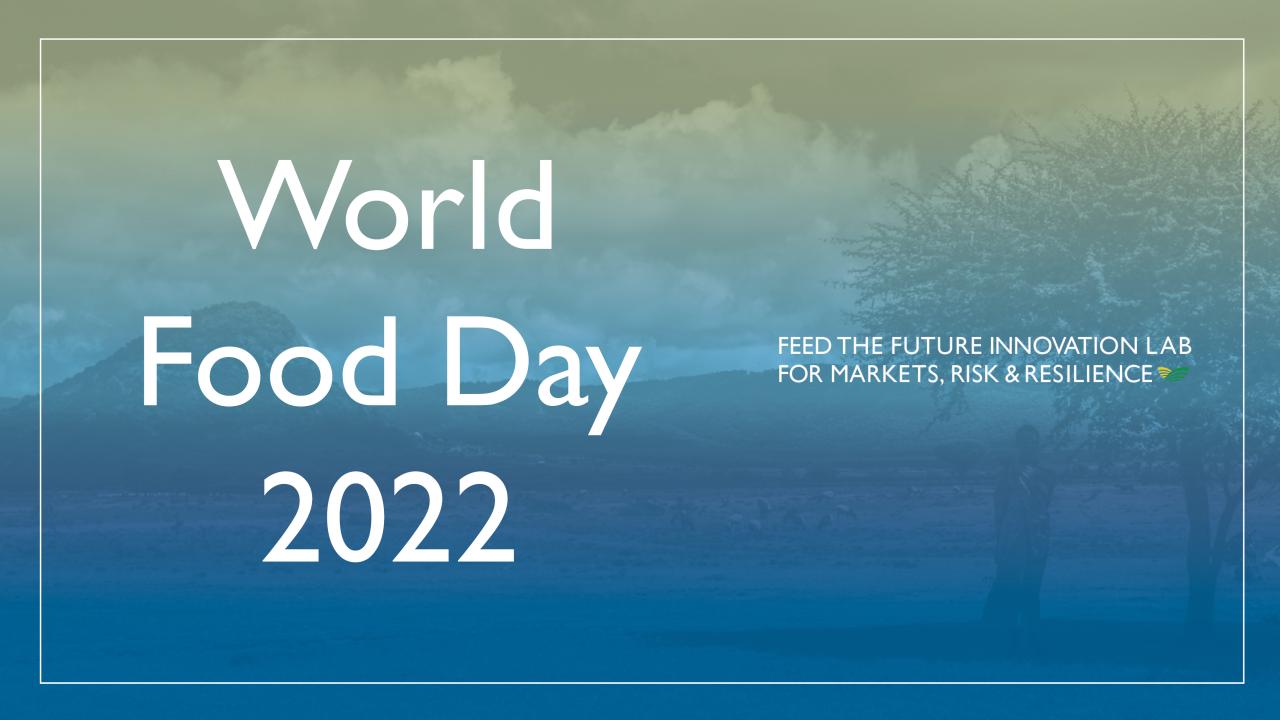
World Food Day 2022: Strengthening Food Security and Resilience So No One is Left Behind
Our global food systems have suffered an accumulation of shocks in recent years, pushing many rural households who were already struggling into crisis. In Africa and South Asia, the COVID-19 pandemic compounded the hardships of a continuing drought and unprecedented flooding. War in Ukraine and conflict in East Africa are putting many more in dire need.
World Food Day 2022 is about the individuals, families and communities who are most affected by the many food-related crises in recent years. The MRR Innovation Lab is dedicated to innovating and testing ways to improve food security and resilience among rural households who are most vulnerable to these kinds of shocks. Our researchers around the world are working toward a future in which no one has to go without food.
While every crisis must be met with a committed humanitarian response, an established body of evidence from universities and public research organizations across the globe is showing us that it is possible to build a future of food security and resilience for all. Research from disciplines that include agronomics, development economics, sociology and others continue to develop and improve technologies and programs that put a more stable future within reach.
For World Food Day 2022, learn about some of our researchers and their projects that are making it possible for rural families to grow more, earn more and provide for their families’ futures.
*
Michael Carter
Director, MRR Innovation Lab
Distinguished Professor of Agricultural and Resource Economics, UC Davis
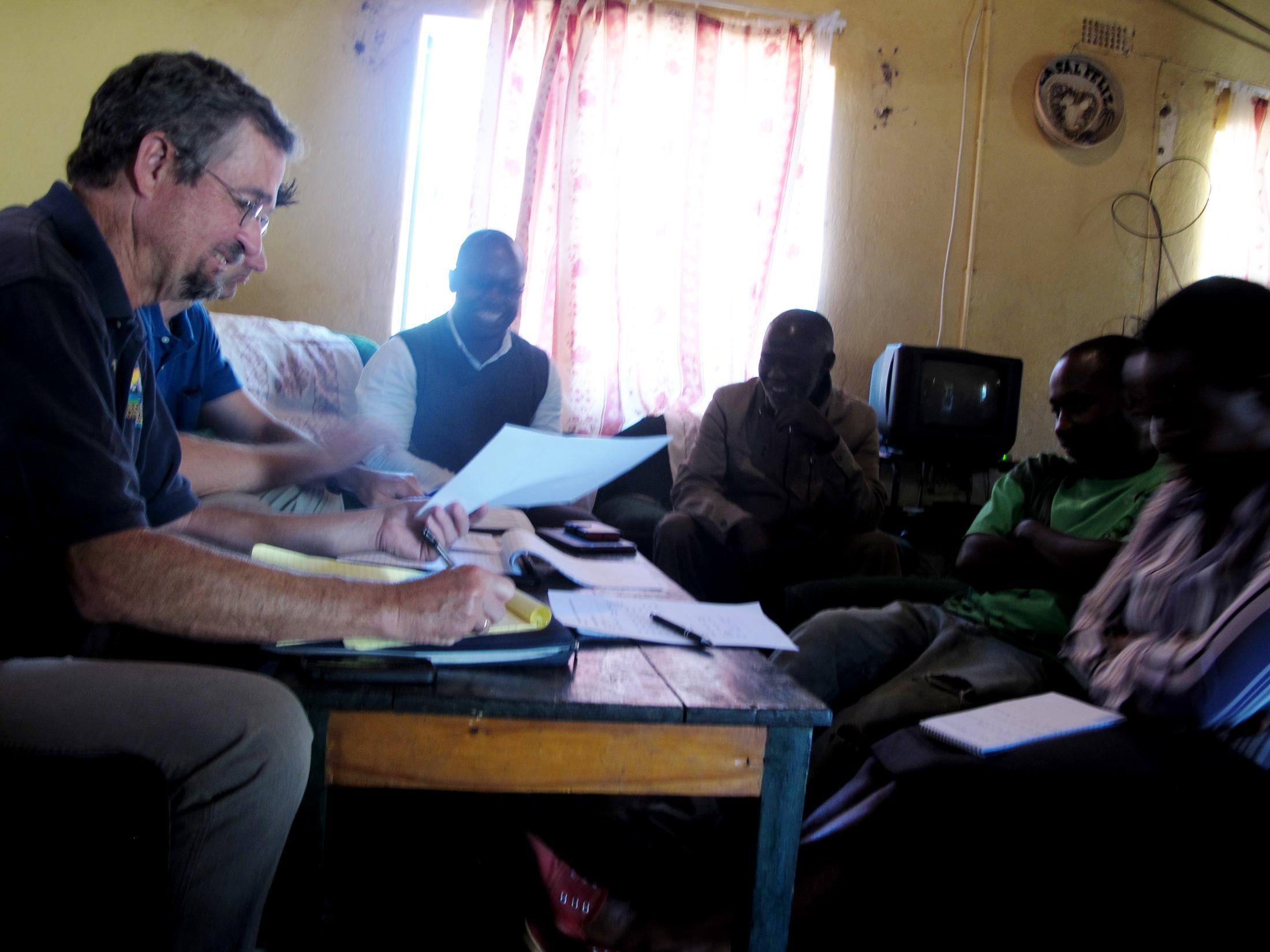
Seven droughts struck Kenya between 1992 and 2012. Right now, Kenya's arid northern region has been in drought conditions since 2020. In northern Kenya, where rainfall is too scarce to grow crops, households earn their livelihoods through livestock. However, in drought years, households can lose everything if there isn't enough forage to sustain their herds.
Dr. Michael Carter is leading a randomized controlled trial to test the impacts of pairing a prominent livelihood-building program for women with a low-cost form of livestock insurance. The BOMA Project's Rural Entrepreneur Access Project (REAP) provides women who have the least financial means with training and funding to start a business. Most of these businesses are related to livestock or are small shops women operate out of their homes. Adding livestock insurance from research partner International Livestock Research Institute (ILRI) gives these new business owners a higher likelihood of holding onto their progress in the event of severe drought.
This research in Northern Kenya is yielding results. Carter and his team's recent analysis of data collected at the midpoint of the study showed that REAP generated substantial economic benefits for women directly enrolled as well as their non-enrolled neighbors. The team has also begun testing "Family Insurance," a new kind of insurance they developed to reflect a woman's needs and preferences in a way that livestock insurance on its own does not. The project is also yielding valuable insights on how hope can put a better future within reach.
“We found that this program relaxed constraints enough that participants were willing to work harder to achieve something they value,” said Carter. “Putting a stronger livelihood within reach emboldened them to do what it takes to achieve it.”
*
Opeyemi Ayinde,
Professor of Agricultural Economics and Farm Management, University of Ilorin
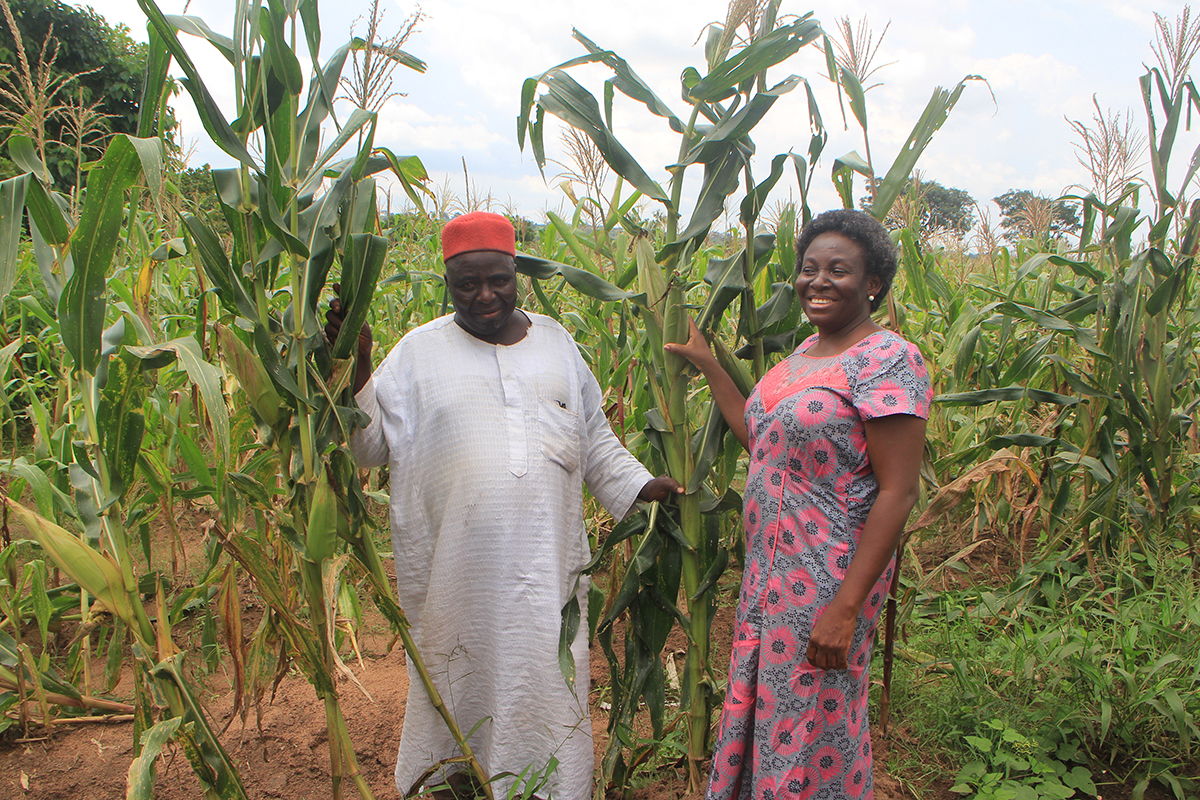
Agriculture in much of Africa is dominated by smallholder farmers who have limited ways to cope with catastrophic droughts and other weather-related shocks. These challenges are particularly severe for women farmers in Nigeria and other developing countries where cultural norms and commercial practices limit their access to financial and insurance markets that could help them to manage that risk.
Dr. Opeyemi Ayinde is leading a project in Nigeria that tests a bundle of stress-tolerant maize, credit and insurance for small-scale farmers. Recognizing that women-owned plots are on average lower in production, increasing the availability of stress-tolerant maize and knowledge of its benefits could increase their productivity substantially. This may be particularly true if bundled with credit, which unlocks the ability to invest in more productive inputs, as well as insurance, which provides the means to start over in the event of crop losses due to drought.
"The most promising part of my research is having a positive impact on the livelihood and productivity of small-scale farmers, especially women," said Ayinde.
*
Travis Lybbert
Professor of Agricultural & Resource Economics, UC Davis
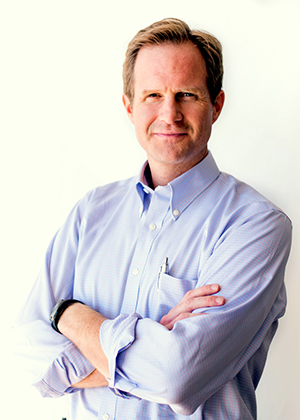
Seeds are at the foundation of food security for small-scale farmers in developing countries. In Uganda there is evidence that seed system failures are letting through low-quality seeds, compromising farmers’ productivity and resilience.
Dr. Travis Lybbert is leading a team that leverages recent advances in DNA fingerprinting to test maize and bean seeds from across supply chains to identify leaks responsible for low-quality seeds reaching farms. The results will provide directed policy to enhance broader seed system resilience.
“Resilient seed systems that reliably deliver high-quality planting material to all farmers are at the root of both agricultural productivity and food security,” said Lybbert.
*
Mercy Kamau
Senior Research Fellow, Tegemeo Institute of Agricultural Policy and Development
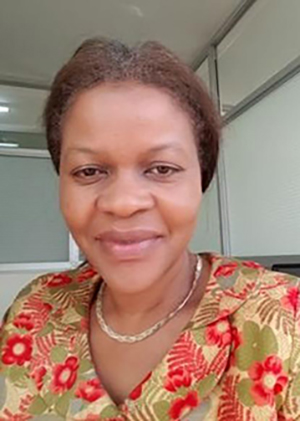
Small-scale agriculture in Kenya is mostly rain-fed, making farmers vulnerable to the impacts of weather variability and climate change. Several barriers keep farmers, particularly women and other vulnerable groups, from adopting climate adaptation strategies that reduce their exposure to climate-related risks.
Dr. Mercy Kamau is testing the impacts of the Kenya Climate Smart Agriculture Project (KCSAP), a Government of Kenya project jointly supported by the World Bank, plans to increase the accessibility of agro-weather advisories and market information for smallholder farming communities. These advisories are meant to empower decision-making for increased agricultural productivity and adaptive capacity.
“Rural smallholder farmers are the real food heroes," said Kamau. "They produce food and mitigate the impacts of climate change through mixed farming, crop diversification, relay cropping and managing the health of their soils.”
*
Sarah Janzen
Assistant Professor of Agricultural and Consumer Economics, University of Illinois
Nicholas Magnan
Professor of Agricultural and Applied Economics at the University of Georgia
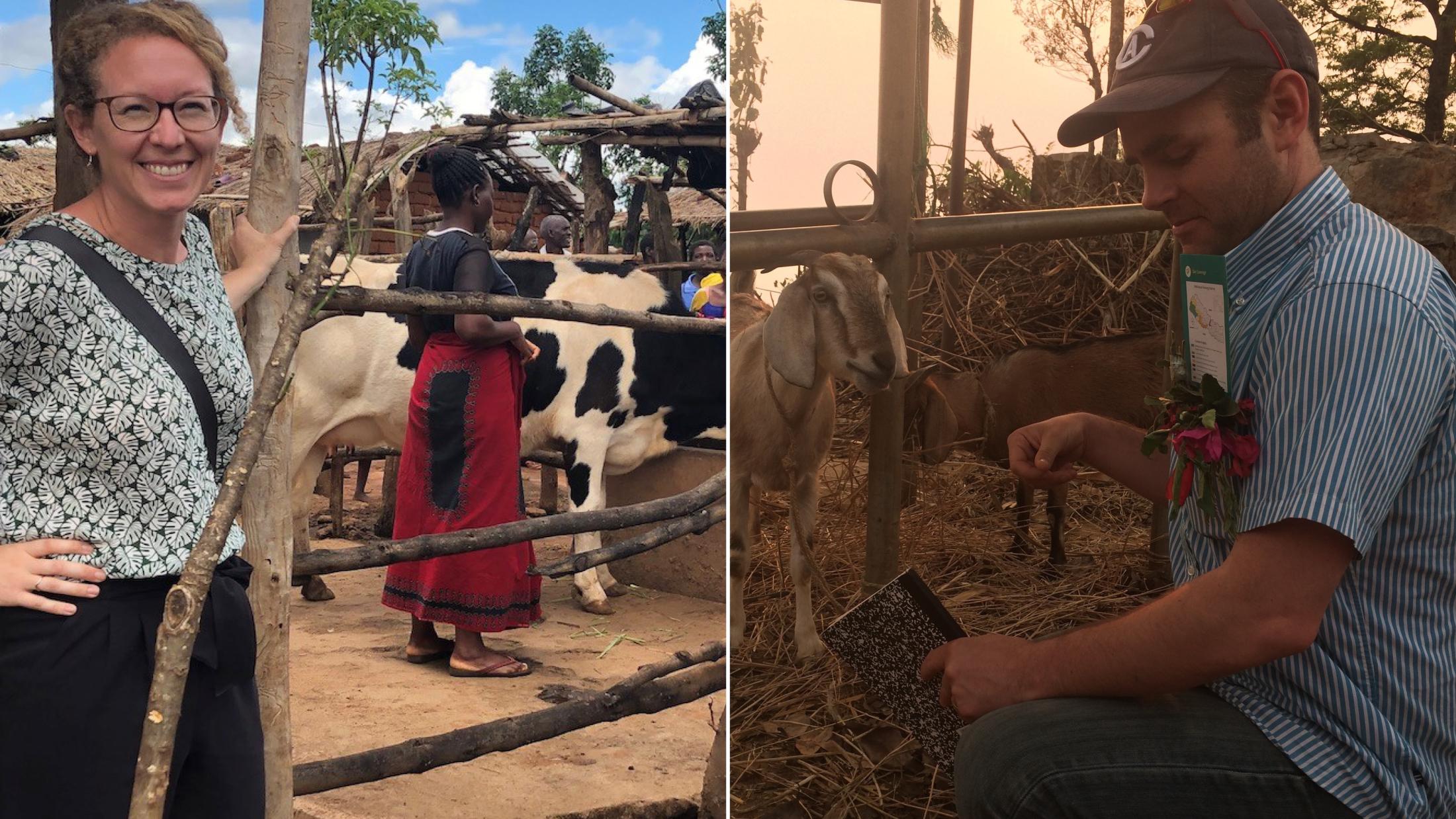
The COVID-19 pandemic was a global shock. Many households who did not get sick were still subjected to government-imposed lockdowns intended to stop the spread of the virus. These lockdowns had enormous consequences for rural households who rely on nearby markets to sell their crops and livestock and to buy food and other necessities.
Dr. Sarah Janzen and Dr. Nicholas Magnan built upon their research partnership with Heifer International in Nepal to measure the impacts the COVID-19 pandemic has had on the rural households and communities that participated in their prior work. They were also able to measure whether the livelihood-building program in their earlier evaluation increased resilience to the impacts of the COVID-19 pandemic.
Janzen and Magnan recently reported their results from this new research. They found that women who took part in the rural livelihood-building program were more likely to sell livestock to cope with the financial shocks of the pandemic and less likely to take out a loan. They also had lower debt and higher savings at the onset of the pandemic, better equipping them to cope.
"Our results suggest that multifaceted livelihood-building programs improve resilience by increasing assets and encouraging savings," Janzen and Magnan wrote. "The program put women in a stronger financial position before the pandemic, which improved their long-term resilience."
*
Jonathan Malacarne
Assistant Professor of Economics, University of Maine
Laura Paul
Research Agricultural Economist, USDA Economic Research Service
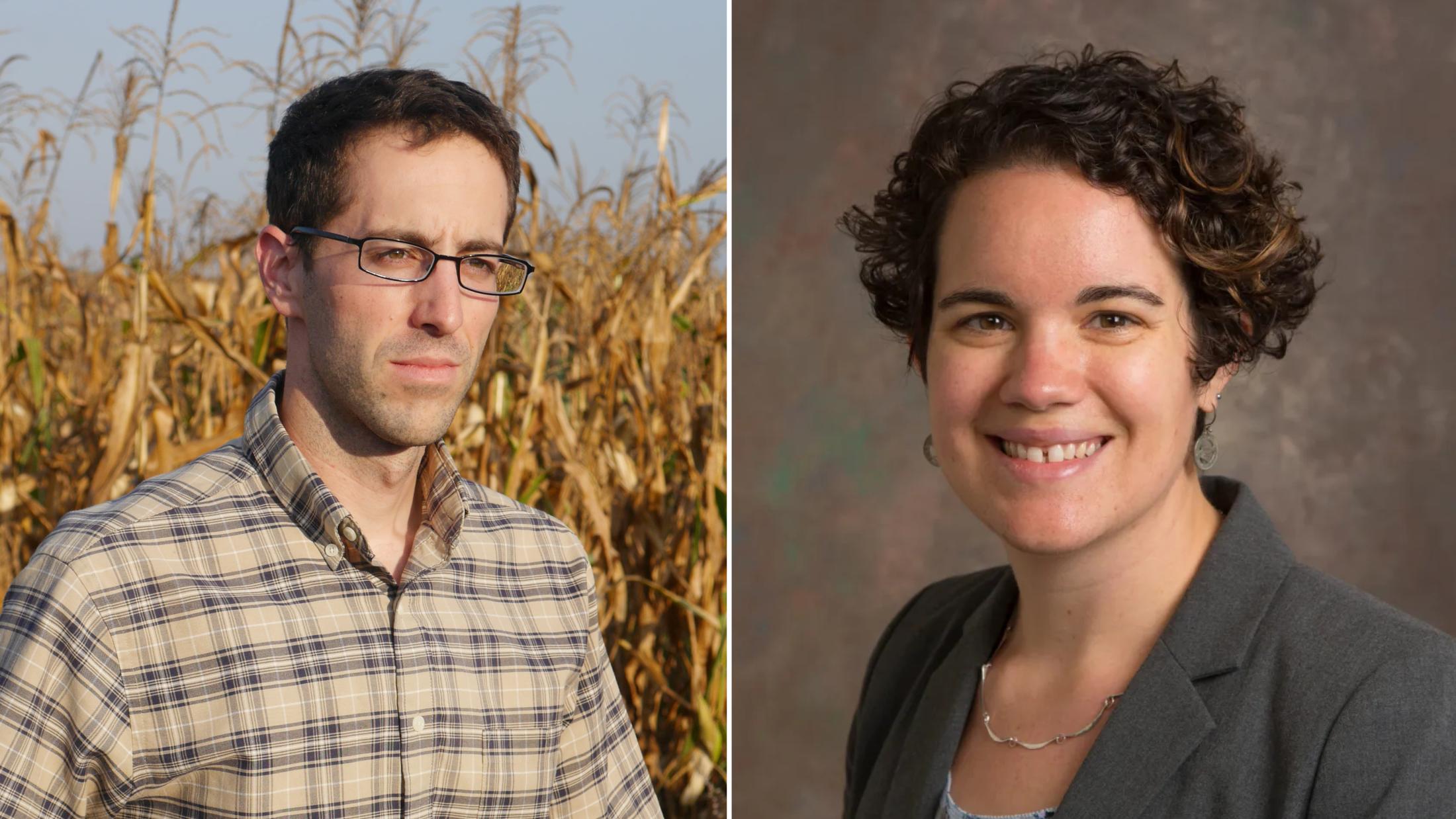
Drought-tolerant maize has the potential to transform crop yields and food security in Africa. Developed by the International Maize and Wheat Improvement Center (CIMMYT) these varieties of maize produce higher yields than other improved varieties in years with normal rain, and they can withstand a moderate amount of drought. However, in a severe drought even these seeds might fail.
A research team led from UC Davis developed and tested a bundle of drought-tolerant maize varieties paired with insurance for a seed-replacement guarantee in Mozambique and Tanzania. The idea was that the varieties' ability to withstand some drought would reduce the cost of the insurance while the insurance would expand protection to even the worst drought, so at a minimum farmers could plant again with high-yielding seeds.
Dr. Jonathan Malacarne and Dr. Laura Paul were both completing their degrees at UC Davis when they joined the research team and took on the responsibility of managing the field work, Malacarne in Mozambique and Paul in Tanzania. They trained and led teams of enumerators who took detailed surveys with participating farmers. They worked directly with the project's local seed company and insurance company partners to ensure the seed and insurance bundles reached participating communities. They also developed their own research questions to increase the scope and value of the research project.
The results of the research showed that the insured seeds had the biggest impact for farmers who experienced the greatest losses from drought. After severe drought losses, farmers who planted the drought-tolerant seed slightly increased their use of improved seeds in the following year. However, farmers who planted the insured seeds increased their use of improved seeds from 28.1 kg to 49.8 kg, far beyond the amount of the replaced seeds. The in-kind payouts encouraged farmers to deepen their investments in maize production.
"There can be significant and broad benefits for successfully scaling this kind of project," said Paul. "The insured seeds can stabilize income and food security for farmers while seed companies have a higher-value product to sell and insurance companies can expand their portfolios."
Malacarne has been funded by the MRR Innovation Lab as a principal investigator to lead a project of his own design that builds on his research in Mozambique. He is testing short-term subsidy and training programs for farmers to learn about a similar maize and insurance bundle. This new project will contribute evidence on how to spark lasting adoption for resilience-building technologies like stress-tolerant seeds and insurance.
"With this project we will also be measuring how investments in resilience compare against relying entirely on disaster relief to protect the wellbeing of vulnerable, rural communities," said Malacarne.
